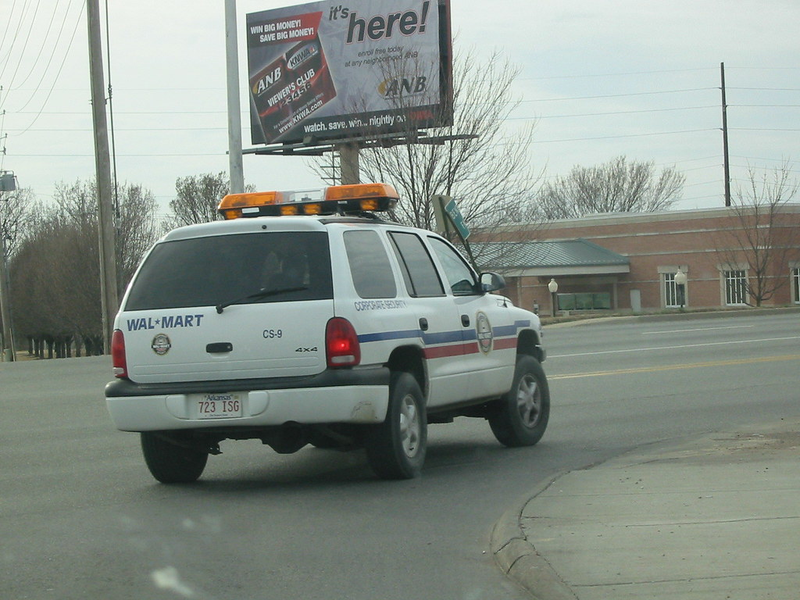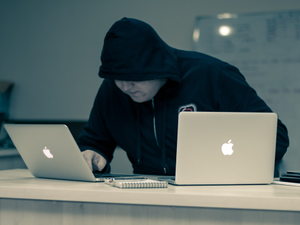PG&E's Secret Security Squad: Why Utility Execs Are Hiring Bodyguards

Pacific Gas & Electric (PG&E) is raising eyebrows with its latest hiring strategy: executive protection officers with combat shooting expertise. In a move that speaks volumes about the company’s current reputation, PG&E is seeking bodyguards who can provide around-the-clock security for its top leadership.
The job listing comes in the wake of heightened corporate security concerns, particularly after the tragic shooting of UnitedHealthcare’s CEO in Manhattan. For PG&E, the need for protection seems deeply intertwined with the company’s controversial history, including its role in devastating California wildfires like the Camp Fire, where they pleaded guilty to involuntary manslaughter.
Allied Universal, a multi-national security firm, is reportedly helping PG&E manage these protection needs. The company’s president of enhanced protection services, Glen Kucera, suggests that firms seeking executive protection often have controversial business operations that might generate public tension.
The underlying issue goes beyond personal safety. Experts like Timothy Pollock, a business professor, argue that hiring bodyguards might be a symptomatic response to deeper reputation problems. “If they’re that angry with you, you need to look at why,” Pollock notes, suggesting that increased security could indicate a fundamental disconnect between the company and its customers.
Financial implications are equally complex. While Southern California Edison acknowledges paying for executive security through a combination of shareholder and customer funds, advocacy groups like Stop PG&E argue that ratepayers shouldn’t bear these costs. Kellie Buster, the group’s president, demands a comprehensive audit before a single penny is spent on executive protection.
The stark reality is that PG&E has faced significant public backlash. Repeated rate hikes, equipment-triggered wildfires, and ongoing controversies have eroded public trust. This bodyguard initiative might be seen as a defensive measure, but it also highlights the growing tension between utility companies and the communities they serve.
As corporate security becomes increasingly sophisticated, PG&E’s approach raises critical questions about accountability, public perception, and the true cost of doing business in an era of heightened scrutiny.
AUTHOR: rjv
SOURCE: Local News Matters
























































